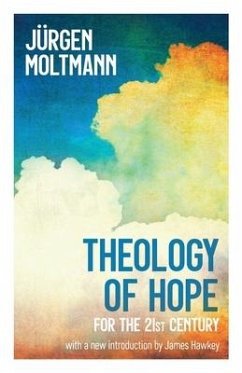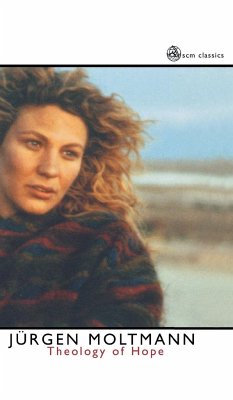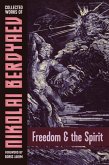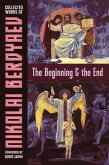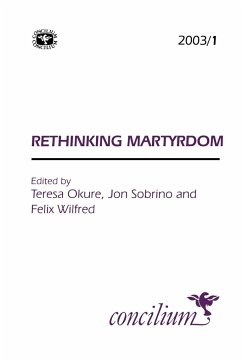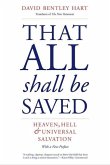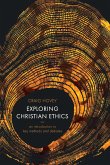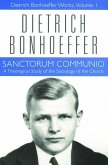Causing a considerable stir when it was first published in Germany in 1965, "Theology of Hope" represents a comprehensive statement of the importance for theology of eschatology - and of an eschatological theology which emphasizes the revolutionary effect of Christian hope upon the thought, institutions and conditions of life in the here and now. Jürgen Moltmann understands Christian faith essentially as hope for the future of humankind and creation as this has been promised by the God of the exodus and the resurrection of the crucified Jesus. God's promise is the compulsory force of history, awakening hope which keeps human beings unreconciled to present experience, sets them in contradistinction to prevailing natural and social powers, and makes the church the source of continual new impulses towards, in Moltmann's own words, "the realization of righteousness, freedom and humanity in the light of the promised future that is to come". This new expanded edition of a theological classic includes his 2020 Charles Gore lecture 'A Theology of Hope for the 21st Century', in which he offers a powerful reflection on the nature of hope in our current times.
Hinweis: Dieser Artikel kann nur an eine deutsche Lieferadresse ausgeliefert werden.
Hinweis: Dieser Artikel kann nur an eine deutsche Lieferadresse ausgeliefert werden.

